The Pros and Cons of Living in Small, Unincorporated Towns
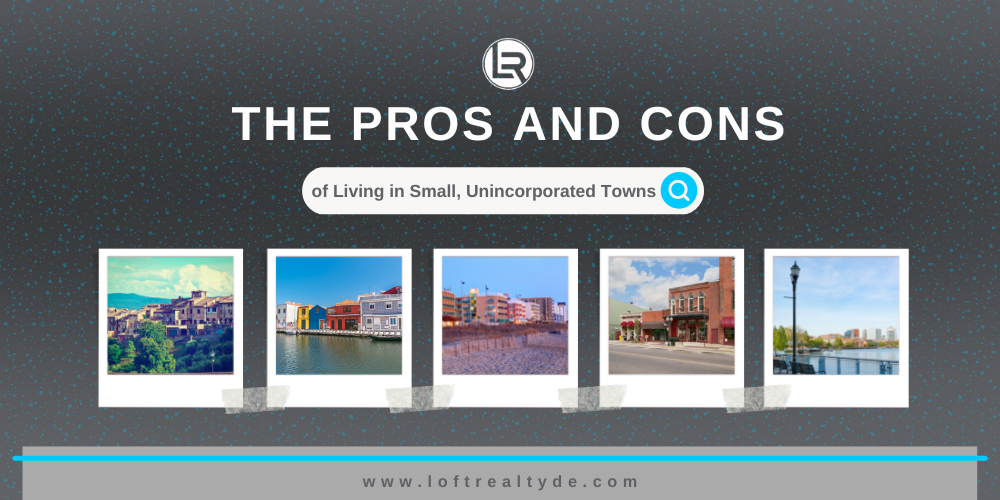
Have you heard of an unincorporated town? If you're not aware, you may already be living in one.
An unincorporated town is a group of residences in a specific area that a local government does not run. Instead, it is part of a larger entity, like a county, and is run by that entity. They are isolated or sparsely populated places where people live together, and maybe a few businesses are located there, but no municipal services are provided.
In most U.S. states, county commissioners, boards, or councils have the same power as town or city councils in the areas they govern. This rule does not apply to areas that are not part of a city or town.
So, here are the pros and cons of living in a small, unincorporated town. And, once you know about these things, you might ditch the city’s bright lights for good.
The Pros of Living in a Small Town
1. It's a way to get back in touch with nature.
If you want to live somewhere where you don't always have to keep your doors and windows closed, you should move to an unincorporated town.
In these neighborhoods, kids can still ride their bikes on the streets, play in their front yards, and have the kinds of childhood adventures that have been written about for years. You might learn how relaxing it is to sit by a stream, what a starry night looks like without city lights, and how to leave your doors open without worrying about who might come in.
If you like being close to nature, this is the place to go.
2. It gives you your first chance to live off the grid.
Many families like living in an unincorporated town because they can do more with their land without the government getting in the way. You should check your deed restrictions to ensure no hidden laws stop you from doing what you want.
Still, it's usually much easier to install solar, wind, and geothermal resources on a property that isn't run by a city. It is possible to build a self-sufficient way of life where you can choose how many neighbors you have.
3. You can go outside the city limits to get the needed services.
Even though living alone in a rural area requires more maintenance than living alone in a city, there is an upside: you don't have to depend on the city for your utilities. You might have trouble depending on healthy water if the quality of the underground reservoir isn't clear, but you can find out about this before you buy the property. You don't have to deal with sewer service when you have a septic system.
Even though regular maintenance is cheaper than monthly service fees, you will have to do more work than you would with a municipal connection. This is a big plus for many people thinking about living in an unincorporated community because it means they don't have to depend on elected leaders.
4. In a town that is not part of a city, there are fewer rules to follow.
When you live in an unincorporated community, there are fewer rules about your property. This means that you should carefully look at the zoning rules for the area before buying real estate there. If you don't, you could end up with a business, farm, or other organization next door that will make your life hard.
There are also some benefits to this, like being able to do more with your land without as much scrutiny and paying less in taxes because there isn't a town or city to tell you how much you have to spend.
5. You can start up either a farm or a homestead.
Even though zoning rules in an unincorporated town may limit the number of animals you can have or the kinds of farming you can do, the laws are usually very flexible when you live outside of a municipality. You can have horses, chickens, dogs, and even a full-fledged farm on your land if you want. If you like the idea of running a small farm to make extra money, this is something you should look into.
The Cons of Living in a Small Town
1. Your access to the internet and TV may be limited.
Because an unincorporated community may be far from the regular grid of services, you may find that satellite reception is the only way to get internet and TV at home. Satellite internet is better than DSL, but it can't keep up with broadband speeds.
You may also notice that service goes down sometimes on days that are cloudy or very rainy. When you move to a place like this, you'll have to change your habits if you're used to getting high-speed Internet and all the benefits of streaming.
2. If you drive to work, you will be traveling further.
Living in an unincorporated town will make your commute longer if you don't work from home and have to drive to work every day. Most of these communities are far from any central metropolitan area, so any errands you need to run will require you to travel several miles.
It will take longer to purchase groceries, mail from a PO Box, and do anything else. In most cases, you'll need to adjust your routines so that you shop on your way to or from work to save money on gas.
3. Road maintenance happens less often in areas without towns or cities.
Roads in many underserved areas of the United States will be rough and rustic. Even though some towns have paved roads, they are often resurfaced with chipped gravel and oil, which can be dangerous for some cars. Usually, the country or, if necessary, your city takes care of any repairs you might need. If your roads are gravel, you might get a little more paving once a year after the spring thaw.
4. Your house might not be on the school bus route.
If you live more than one mile from a city, the public schools in your area will provide transportation. This perk is no longer available because you live in a town without a government. If you choose to send your kids to the closest school, you may have to drive them to a designated bus stop on the municipal route and then pick them up from there.
If you home-school your kids, you can avoid this problem, but you might not be able to get the job you want. This is one of the things you have to give up if you have a family.
5. The police, fire department, or ambulance takes longer to arrive.
When you live in an unincorporated town, there are no emergency services because there is no municipality. In the United States, police were handled by the local sheriff's office, and if there was a fire, the closest fire district, which was usually made up of volunteers, would respond. The local hospital will provide the ambulance service if the fire district doesn't have an EMT unit.
Because you live in a more rural area, it will take longer for these services to get to you. This might not be a problem for some families, but it could be if you need help quickly.
Final Thoughts
If you live in an unincorporated town, you may have more privacy, more housing options, and the freedom to live your life however you want. These benefits come at the cost of waiting longer for help in an emergency and being unable to control what your neighbors do.
If you live in a small town, it's unlikely that someone will build a pig farm next to you, but it's still possible. So, before making a deal, you should carefully look over the deed.
Unincorporated towns have pros and cons that let you live freely while still being part of a community. When you think about how much less this arrangement costs, it's easy to see why it's so prevalent in Delaware.
Are you looking to buy a home here in Delaware? We’re here to help you! Contact us today at Loft Realty to get you started on your dream home.
Categories
Recent Posts

Exciting Events to Heat Up Your Winter in Delaware!

Smarter Home-Buying Decisions
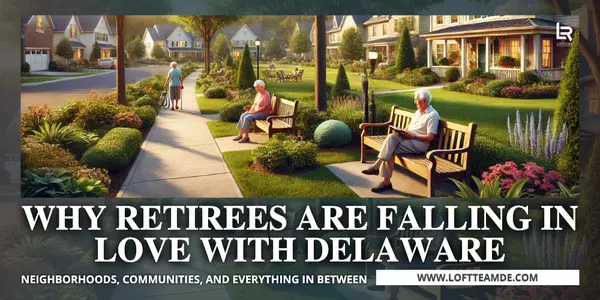
Why Retirees Are Falling in Love with Delaware: Neighborhoods, Communities, and Everything in Between

Best Places to Go Sledding in Delaware

Delaware’s Secret: Reasons Why It’s Not Expensive to Live Here!

5 Best Spots for Last-Minute Holiday Shopping

8 Best Places to Eat at the Rehoboth Beach Boardwalk
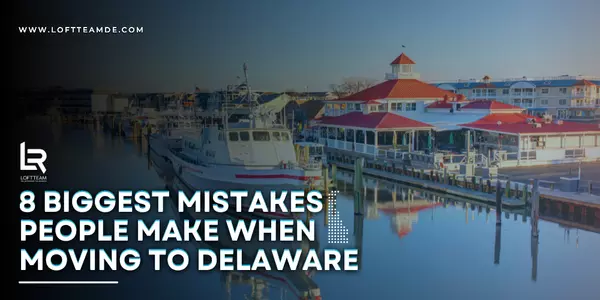
The 8 Biggest Mistakes People Make When Moving to Delaware—Here's What You Need to Know
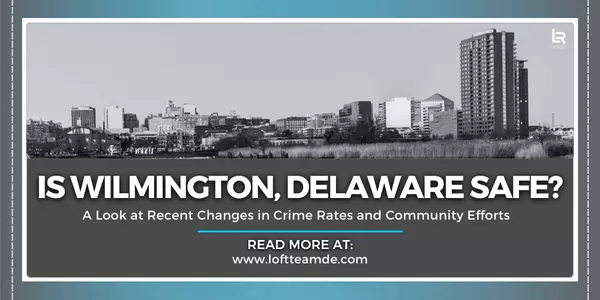
Is Wilmington, Delaware Safe? A Look at Recent Changes in Crime Rates and Community Efforts
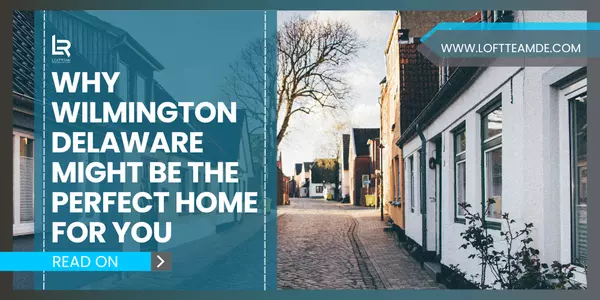
Why Wilmington, Delaware, Might Be Your Perfect Home Base
